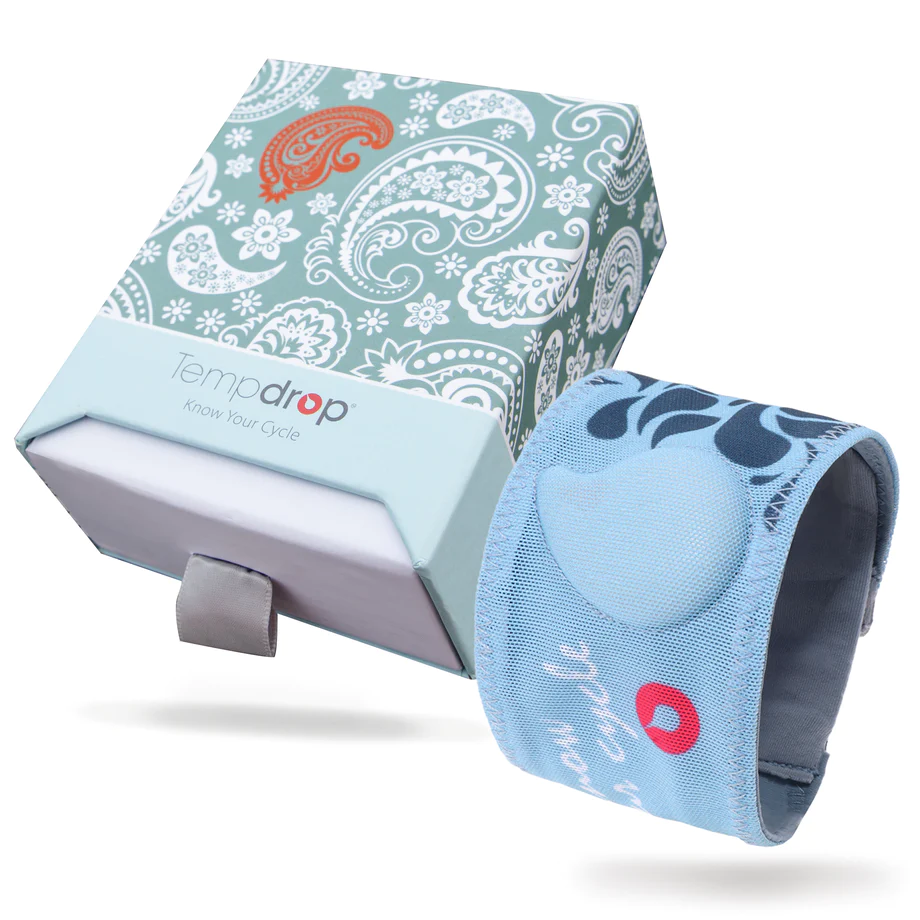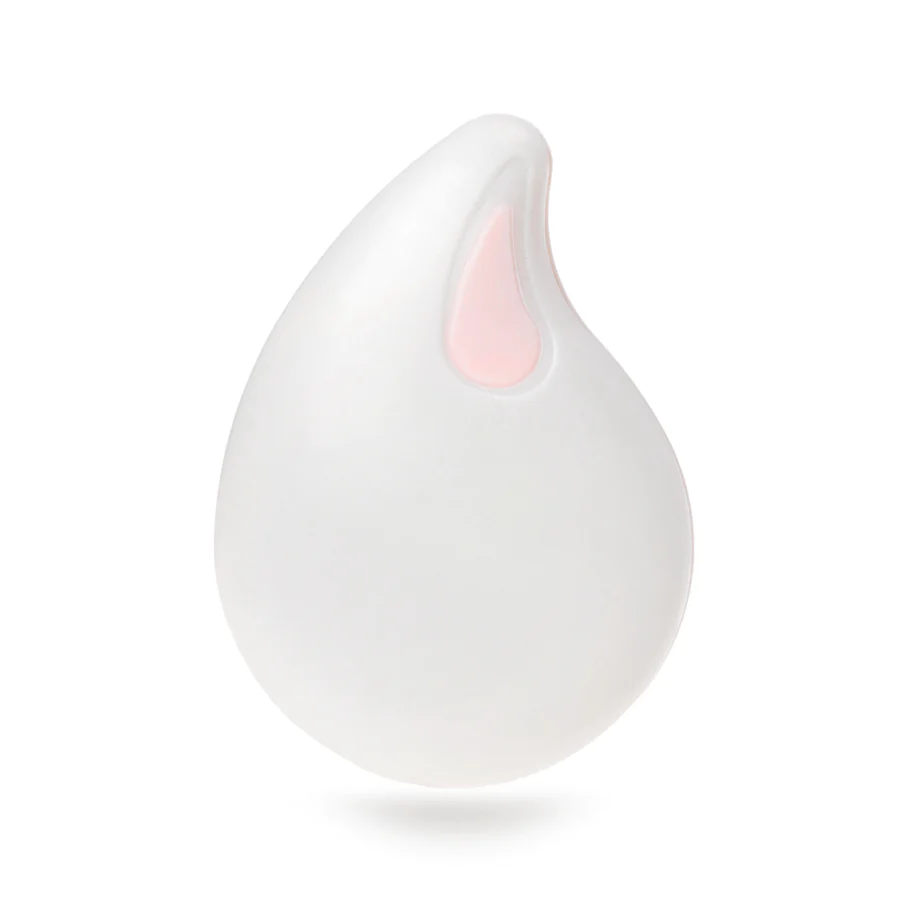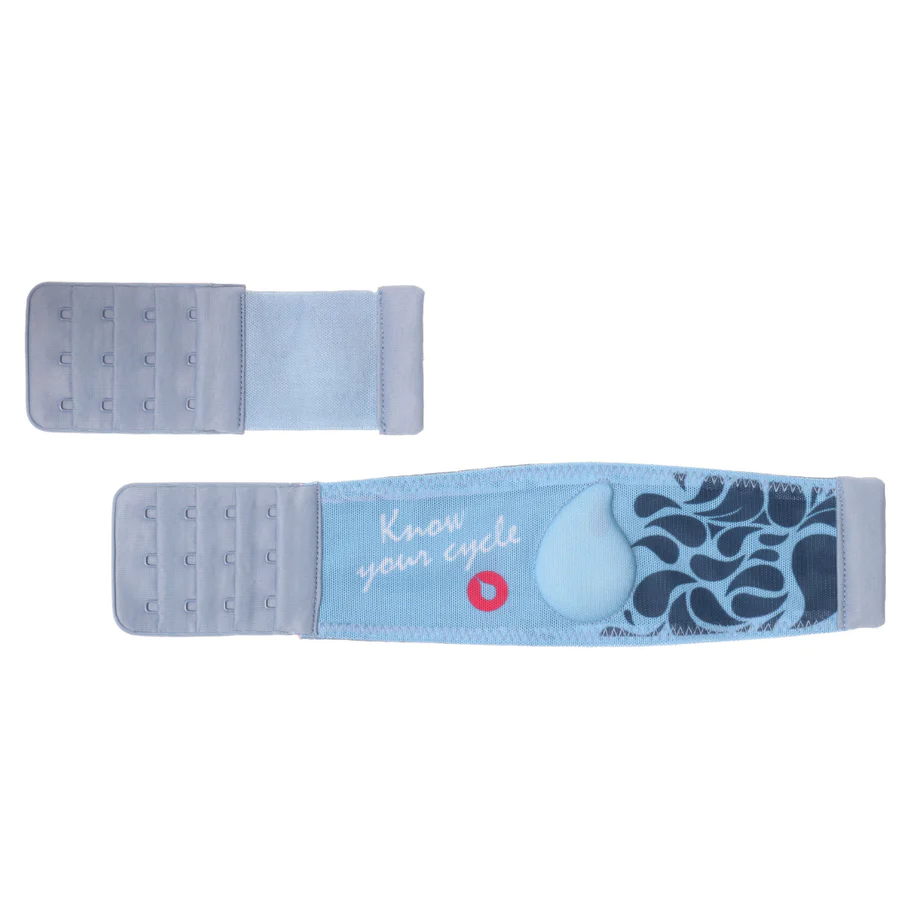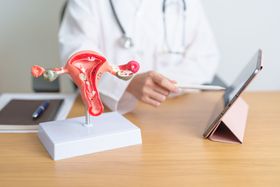Conceiving: When & How Often to Have Sex During Ovulation
Updated September 5, 2023.

Ovulation is the star event of the menstrual cycle and enables conception. Without conception, your period should occur following successful ovulation.
Ovulation occurs when an ovary releases an egg in anticipation of fertilization for pregnancy. For conception, sperm needs to meet that egg to form an embryo that implants into the uterus and potentially develops into a baby. With that in place, you might still be uncertain when and how frequently sex is suggested when trying to conceive.
With a focus on women and couples aiming for a conscious path to conception and pregnancy, fertility coach, Ivy Joeva, unpacks the relationship between ovulation and conception below.
When to Have Sex During Ovulation
Sex before the fertile window most likely won't lead to pregnancy. So, are you only fertile during ovulation? When trying to conceive, you're most likely to fall pregnant before you ovulate because the egg only lives for 12 to 24 hours. Sperm, on the other hand, can live in the female body for up to 5 days.
Tip: Once your basal body temperature (BBT) shifts, you've already ovulated. So, if you're having sex 2 or 3 days before ovulation, you're well within the fertile window. You can even prioritize up to 4 days before for better chances of becoming pregnant.
Common Signs of Ovulation
Without ovulating, you can still have what's known as "withdrawal bleeding," which is a common effect of some hormonal birth controls. This usually causes bleeding due to a drop in hormone levels and is typically shorter with a lighter flow than a true menstrual cycle with ovulation.
When ovulating, common symptoms include:
- Cervical mucus changes: In the follicular phase, leading up to ovulation, cervical mucus may be wetter and vary in quantity and quality. Close to ovulation, your discharge becomes clear, slippery, and stretchy with an egg-white consistency, which may be noticeable on your underwear or toilet paper.
- Cervix position: Your cervix moves up, softens, and opens slightly. This makes it easier for sperm to reach the egg for conception.
- Cramps: Some women experience Mittelschmerz—a twinge or crampy sensation on one side or the other depending on which ovary is preparing for ovulation.
- Libido: Your libido typically increases because your body knows that it's peak baby-making time.
- Body temperature: Generally, your temperature can rise from 0.5 to sometimes 1 degree. During ovulation and after in the luteal phase, your metabolism typically goes up and more calories are burned, elevating your temperature. That's why before a period, our appetites often increase.
Charting multiple fertility awareness indicators, like BBT, cervical mucus, and cervical position, can help increase your chances of conceiving. Your BBT should be taken first thing in the morning daily, before getting up or drinking any water.
» Find out how charting your cycle every day can help you
How Often to Have Sex When Trying to Conceive
There's a divided opinion: Some say it's ideal to have sex every other day during your fertile window to maximize sperm count. The idea is that if ejaculation is too frequent, it may reduce sperm count.
How often should you have sex during the fertile window?
Research indicates that it is beneficial to have sex every day during the fertile window to help avoid an immune response that may treat sperm as an "invader."
In general, couples that have sex more frequently are more likely to become pregnant. If you are healthy, libido and fertility tend to be higher. A weak libido could signal a systematic health issue that may be affecting your fertility.
5 Factors That Influence Fertility
Nowadays, more women may desire to conceive later in life. And at any childbearing age, there are lifestyle, physiology, and external factors that can impact your fertility. These include:
1. Medications
"My background is in psychoneuroimmunology, which is how the brain, our hormones, and our immune system all interact," Joeva says. "Arguably every medication can affect fertility, especially medications that increase prolactin levels since that suppresses the hormones that trigger ovulation."
If you're on antipsychotic or anti-inflammatory medications, be sure to ask your doctor or fertility specialist about how these may affect your fertility.
2. Health Conditions
Just about any health condition can potentially affect your fertility, but especially those that impact the pelvic area. For instance, pelvic inflammatory disease, which is a progression of untreated sexually transmitted infections, is common and can lead to complications.
Tips to consider when it comes to fertility and sexually transmitted infections:
- Get fully tested
- Make sure your partner is fully tested
- If you've had pelvic surgeries, have your doctor ensure there's no scarring in the fallopian tubes or damage to the cervix
3. Substances
Just like medications, substance usage can hamper fertility. Excessive caffeine and alcohol consumption can potentially have a negative impact on fertility, specifically if you drink alcohol around the time of any fertility treatments.
Additionally, research shows that frequent smokers tend to experience pregnancy complications, such as stillbirth.
4. Overall Health
"I have a very body-positive understanding that there is a range of body shapes and sizes that can be healthy for a particular individual."
Being overweight doesn't make pregnancy impossible, but a healthy weight can increase fertility. Conversely, underweight women often face challenges with fertility and higher risks of pregnancy complications.
"Sometimes even gaining 5 or 10 pounds for an underweight woman can be helpful because the fat on our bodies that produces estrogen helps regulate hormone levels," Joeva explains.
5. Environmental Aspects
"Our bodies were not made to handle the kind of stress that we're dealing with today," says Joeva.
Modern women encounter more toxins in a month than their grandmothers did in their lifetime. These toxins are known as endocrine disruptors which affect fertility and the epigenetic health of a future child.
Both external environments and psychological stress impact epigenetic health and gene expression. Common environmental factors include exposure to microplastics from plastic water bottles, nylon gym wear, and microbeads in personal care products like body wash.
» Unsure how your cycle connects to external factors? Understand stress and the cycle
Tips for Conceiving Naturally
When considering pregnancy or encountering fertility issues, it's best to listen to and trust your body. Consider the following when trying to conceive naturally:
- Notice your instincts and act on them.
- Trust your instincts and don't be afraid to speak up to your doctor if a fertility plan is not working for you.
- Find a fertility team that suits your needs and comfort level.
- Try to find medical practitioners that consider what your body is telling you when suggesting courses of action.
- Remember that your psychology, hormones, overall health, and fertility are connected.
» Check out these 10 ways to improve your chances of pregnancy
Track Your Ovulation to Maximize Conception
It's best to understand your own body and future children's needs rather than delegating that responsibility. Knowing when you're ovulating and your ovulation day through tracking can assist in this process. Tools like Tempdrop's fertility tracker can give you more accurate readings since it monitors your BBT. So, why not take charge of your fertility window and maximize your chances of conception?










